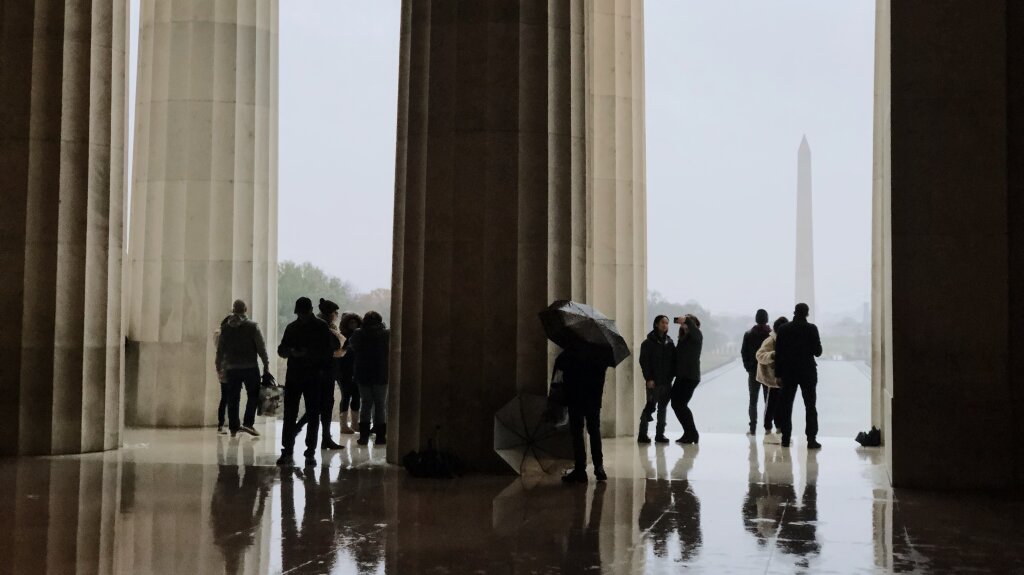By John Smith, General Secretary, Musicians' Union | 3 min

As my term as General Secretary of the Musicians’ Union draws to a close it’s natural to take some time to look back and reflect upon the changes I’ve witnessed, not just in my union but across the creative sector.
During my period as General Secretary the MU celebrated its 120th anniversary in the city where it was founded in 1893, Manchester. The Union has remained the union for working musicians from then until the present day. The history of the union chronicles its ongoing battle with , and adjustment to, changes in technology. The MU was formed just as wax cylinders and shellac ‘78s’, soon to be followed by radio, brought entertainment into people’s homes. Developments in technology meant that low cost music was available for all. Something that has always been problematic for the MU.
The rapid development and roll-out of digital technology has been one of the biggest challenges in recent years. This has not just encouraged new forms of piracy but has had an enormous impact on how performers interact with their audiences presenting the sector with enormous challenges. When I first became General Secretary music fans were still mainly buying records, in fact in the 80s and 90s we’d had a resurgence of the music industry with people renewing their record collections by ditching their old LPs and buying the new CDs. This bubble was short-lived as big players like Apple, Microsoft and Google quickly began to dominate the sector. You could now download a track for a few pence with out having to buy the album and soon that downloads became old-hat with the onset of streaming services such as Spotify followed by Netflix and Amazon Prime etc etc. So while music became cheaper and more available and ubiquitous than ever, the remuneration that musicians and other artists received drifted downward. This was mainly due to contracts with their roots in the analogue age being shoehorned into the digital age. Royalty rates that had been adequate in the days of physical sales no longer worked in the digital era. This resulted in famous artists such as Taylor Swift taking a stand against the way that their music was undervalued by the new tech giants - if the new business models have an adverse effect on the superstars the knock-on effect for session and orchestral musicians has proved even more severe.
Life goes on and performing artists still have to make a living despite the changes in the way that music is consumed. What has been really pleasing in recent years is the resurgence of the popularity of live performance including big arena shows and festivals. So while the world of recorded media has changed dramatically artists performing live in front of their audiences remains a staple of our industry.
I’ve really enjoyed working for the MU and with the musicians it represents and I think that I leave the Union in better shape than when I took over. New challenges lie ahead and my successor must ensure that the rights and status of musicians are at least maintained and hopefully enhanced during the negotiations over Brexit; the maintenance of a network of small music venues; the campaign to secure fair remuneration from streaming services; and securing recognition from national and local funding bodies of the importance of public investment in the arts.


